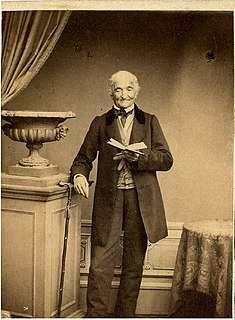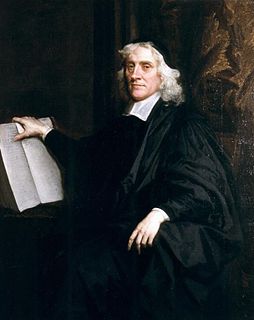A Quote by Jean Antoine Petit-Senn
It requires less character to discover the faults of others, than to tolerate them.
Related Quotes
The desire to criticise becomes less and less as the character is developed. It is the mark of a ?ne character never to be critical and to mention but rarely the faults of others. A strong character does not resist evil, but uses their strength in building the good. They know that when the light is made strong, the darkness will disappear of itself.
Satirical writers and speakers are not half so clever as they think themselves, nor as they are thought to be. They do winnow the corn, it is true, but it is to feed upon the chaff. I am sorry to add that they who are always speaking ill of others are also very apt to be doing ill to them. It requires some talent and some generosity to find out talent and generosity in others, though nothing but self-conceit and malice are needed to discover or to imagine faults. It is much easier for an ill-natured man than for a good-natured man to be smart and witty.
One of the greatest and also the commonest of faults is for men to believe that, because they never hear their shortcomings spoken of, or read about them in cold print, others can have no knowledge of them. GEORG CHRISTOPH LICHTENBERG, The Reflections of Lichtenberg We are often more agreeable through our faults than our good qualities.
For, when you are approaching poverty, you make one discovery which outweighs some of the others. You discover boredom and mean complications and the beginnings of hunger, but you also discover the great redeeming feature of poverty: the fact that it annihilates the future. Within certain limits, it is actually true that the less money you have, the less you worry.
The character truest to itself becomes eccentric rather than immovably centered, as Emerson defined the noble character of the hero. At the edge, the certainty of borders gives way. We are more subject to invasions, less able to mobilize defenses, less sure of who we really are, even as we may be perceived by others as a person of character. The dislocation of self from center to indefinite edge merges us more with the world, so that we can feel blest by everything.
Brains and character rule the world. The most distinguished Frenchman of the last century said: Men succeed less by their talents than their character. There were scores of men a hundred years ago who had more intellect than Washington. He outlives and overrides them all by the influence of his character.



































